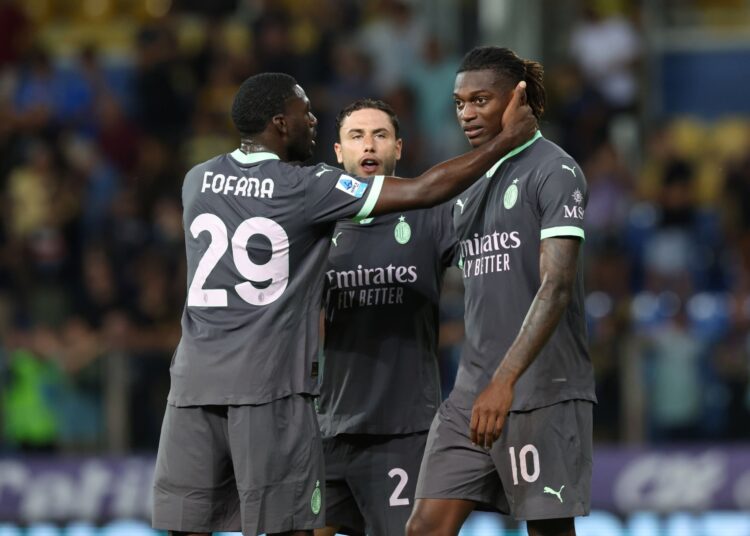The result might lead one to believe that the match at the Tardini was hard-fought and that Parma narrowly edged out a win. However, the final 2-1 score is misleading, as Fabio Pecchia's team not only fully deserved the victory but could have won by an even greater margin if it weren't for some mistakes made in the Rossoneri penalty area.

For a good portion of the second half, up until Pulisic's equalizing goal, Milan also gave the impression of at least trying to maintain control of the game. However, the team that was seen in Emilia yesterday afternoon was ultimately sluggish and unbalanced, attempting to save themselves with a few individual initiatives, but with little success.
The most disappointing performances inevitably came from the big names, the most anticipated players, those who were supposed to lead Milan to victory.
According to La Gazzetta dello Sport, the likes of Theo Hernandez, Loftus-Cheek, and Leao were at times even irritating, filling their performances with serious mistakes and lapses in concentration, as seen during Parma's second goal.
The blame doesn't rest solely on the AC Milan players only...
Those behind the overall organization also have their share of responsibility. Paulo Fonseca had promised a different Milan in many respects this week, particularly in terms of attitude, but nothing changed from the previous week—in fact, it worsened, as the team returned home with a defeat.
There's a lot to work on, but La Gazzetta dello Sport particularly focused on the defensive phase, being quite critical, even writing that "Milan's negative transitions should be shown in soccer schools to illustrate how they shouldn't be done." Every lost ball becomes a potential dangerous action; there are no preventive coverages, but what's most concerning is that the distance between the different sections of the team remains vast, and the sense of sacrifice that distinguished Milan's group a few years ago is no longer there.
This first month of the season has now come to an end, and there's no more time to waste, especially because what has been collected (and conceded) so far sounds an alarm that the management cannot afford to ignore.
















